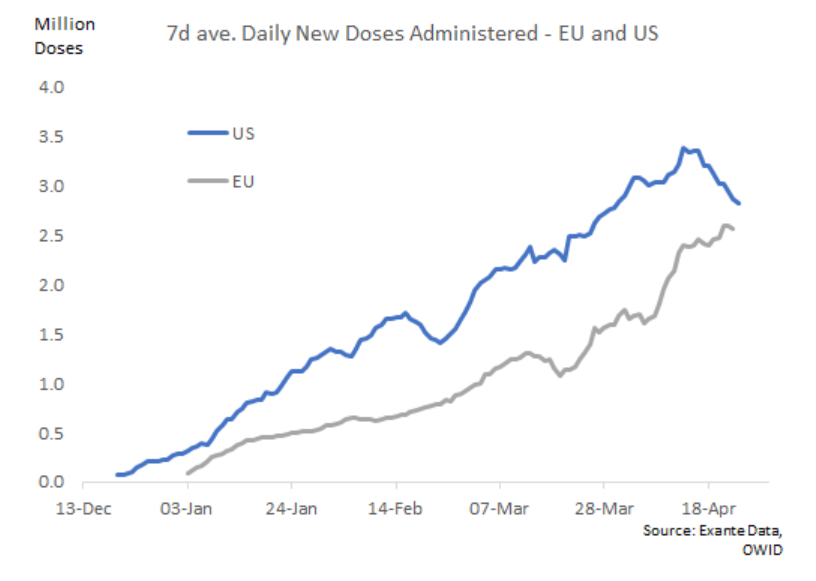
There has been a lot of focus this week on El Salvador becoming the first country in the world to adopt bitcoin as legal tender
Is it a good idea?
Quick thread (currency risk angle)
Is it a good idea?
Quick thread (currency risk angle)
Unsurprisingly, many hard core crypto folks have celebrated the step, as a harbinger of a global trend towards broader adoption of bitcoin/crypto (freedom even).
one example below
one example below
https://twitter.com/michael_saylor/status/1403092600270295049
Others, such as the IMF have expressed caution, although the language was too vague to articulate the specifics of the concern.
decrypt.co/73252/imf-el-s…
decrypt.co/73252/imf-el-s…
Hence, I will be very specific, and focus on the currency risk angle. If you force companies in a country to accept bitcoin as payment, then you also force them to take currency risk (as not all transactions will be bitcoin, and there will be mismatches between cost and revenue)
It seems to be the case that the government is aware of of this complication. And that they plan to provide BTC hedging (up to some limit). But that just shifts the risk to the government:
via @CoinDesk
via @CoinDesk

This is a particularly tricky situation in El Salvador, since it is a dollarized economy, and El Salvador does not have the ability to print USD. Hence, the currency risk could ultimately take down the government (create insolvency) if they want to provide unlimited hedge
Thinking about the currency risk, and assuming that the private sector would have to deal with it (if the government cannot provide unlimited), there would be a significant hedging cost if the private sector has to hedge out the cost on its own.
This new BTC related currency risk is much more serious than the one companies normally face:
First, btc vs usd can be extremely volatile (> 10x normal fx volatility)
[see the daily volatility calculation in the labels in the x-axis)
First, btc vs usd can be extremely volatile (> 10x normal fx volatility)
[see the daily volatility calculation in the labels in the x-axis)
https://twitter.com/ExanteData/status/1403105136076103685
Second, if a country embeds BTC in the legal tender law, the company may (in theory) receive BTC not just for exports but also domestic revenue. Hence, the impact on the balance sheet would be bigger than normal currency risk, which is mostly for cross-border trading.
Transaction cost on @Coinbase are listed at around 1.5%, although it depends on market conditions (bid/offer), and other exchanges are different
For comparison, transaction cost in FX (say EURUSD, UDJPY) can easily be pushed below 0.1%.
Not cheap.
wealthsimple.com/en-ca/learn/co…
For comparison, transaction cost in FX (say EURUSD, UDJPY) can easily be pushed below 0.1%.
Not cheap.
wealthsimple.com/en-ca/learn/co…
Beyond the transaction cost, there is an issue of whether you can hedge fast enough. If you wait 10 min, it could have moved 10%! (much higher cost of timing mismatch than for normal currency risk).
As such, having BTC as legal tender may exposure companies to massive currency risk, and it could impose a massive cost on the corporate sector from a risk and hedging cost perspective.
This stuff will matter not only if BTC crashes, but also if BTC goes up a lot. A merchant with payment in bitcoin (cost) could be put out of business by a bitcoin rally, while others (those a BTC revenue) would suffer in a crash.
I will leave it at that. This was just some quick comments on the currency risk angle specifically. We plan to comment on other angles on Money: Inside and Out in coming days. Pretty interesting stuff...as crypto moves to macro space.
moneyinsideout.exantedata.com
END
moneyinsideout.exantedata.com
END
• • •
Missing some Tweet in this thread? You can try to
force a refresh










